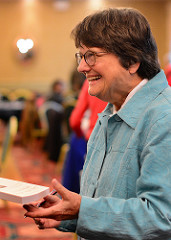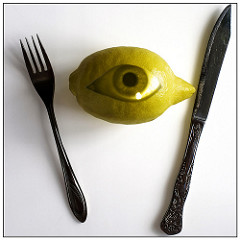Podcast: Play in new window | Download (Duration: 41:41 — 57.3MB)
Subscribe: Spotify | RSS | More


Sister Helen Prejean is a well-known anti-death penalty advocate who has ministered to prisoners on death row. She began her prison ministry in 1981 by becoming pen pals with Patrick Sonnier, a convicted murder who was sentenced to death by electrocution in Lousiana’s Angola State Prison.
Since then, she has witnessed 5 executions and founded the victim’s advocacy group “Survive” in New Orleans. She continues to counsel inmates on death row as well as the families of murder victims. Sister Prejean speaks out against the death penalty through lecturing, organizing and writing, and she is the author of two books on the subject. Dead Man Walking: An Eyewitness Account of the Death Penalty in the United States was an international best seller, and it was developed into the 1996 motion picture for which Susan Sarandon won an Oscar for best actress.
Continue reading Sister Helen Prejean: Why Medical Students Should Care About The Death Penalty











